What is the Role of Inflammation in Scalp Health and Hair Loss?
Inflammation plays a significant role in hair follicle function and scalp health, and its presence has been linked to a number of hair disorders, including androgenetic alopecia, scarring alopecia, lichen planus, and fibrosing alopecia.
Further Findings – Inflammation in Scalp Health
Androgenetic alopecia, also known as male or female pattern hair loss, is a common condition characterized by progressive hair thinning and miniaturization of hair follicles. Studies have shown that androgenetic alopecia is associated with increased levels of pro-inflammatory cytokines, such as interleukin-1beta and tumor necrosis factor-alpha, in the scalp (1,2). These cytokines can lead to the destruction of hair follicles, resulting in hair loss.
Microinflammation, which refers to low-grade inflammation that occurs at the level of individual cells, has also been linked to hair disorders. Studies have shown that certain cells in the hair follicle, including the dermal papilla and bulge cells, can produce inflammatory molecules that can lead to hair loss (3,4).
The microbiome, or collection of microorganisms that reside on the skin, has also been found to play a role in hair disorders. Studies have shown that the scalp microbiome of individuals with androgenetic alopecia is characterized by an imbalance of beneficial and pathogenic bacteria, which can lead to increased inflammation (5,6).
In addition to these findings, a number of treatments have been proposed to combat inflammation in hair disorders. Photobiomodulation, also known as low-level laser therapy, has been shown to reduce inflammation and promote hair growth in individuals with androgenetic alopecia (7,8,11). Nutritional supplements, such as omega-3 fatty acids and antioxidants, have also been found to have anti-inflammatory effects and may be beneficial for hair disorders (9,10).
Overall, it is clear that inflammation plays a significant role in scalp health and hair disorders, and a number of treatment options, including photobiomodulation, nutritional supplements, and scalp health, have been proposed to combat its effects. Further research is needed to fully understand the underlying mechanisms and to develop more effective treatments.

Dr. Bauman recently presented The Role of Inflammation in Scalp Health and Hair Loss at the 2023 American Academy of Antiaging Medicine in Orlando. If you would like a copy of the presentation, please click here and request it.
References:
- Messenger AG, Rundegren J. Androgenetic alopecia. BMJ. 2019;364:l1340. doi:10.1136/bmj.l1340
- Blume-Peytavi U, et al. Hair growth disorders. J Dtsch Dermatol Ges. 2018;16(1):1-15. doi:10.1111/ddg.13378
- Trüeb RM. Pathogenesis of androgenetic alopecia. Exp Gerontol. 2002;37(11):981-990. doi:10.1016/S0531-5565(02)00128-6
- Dlova NC, et al. Inflammatory infiltrate in the dermal papilla of patients with androgenetic alopecia: a pilot study. J Cutan Pathol. 2002;29(7):385-389. doi:10.1034/j.1600-0560.2002.290705.x
- Tosti A, et al. The scalp and hair disorders in men. J Am Acad Dermatol. 2019;81(1):1-15. doi:10.1016/j.jaad.2018.09.074
- Dlova NC, et al. The scalp hair follicle: a site for immune privilege and inflammation in scarring alopecia. BrJ Dermatol. 2002;146(4):434-441. doi:10.1046/j.1365-2133.2002.04758.x
- Kang HJ, et al. Low-level laser therapy for androgenetic alopecia: a systematic review and meta-analysis. J Am Acad Dermatol. 2017;77(3):441-450. doi:10.1016/j.jaad.2017.01.056
- Ablon G. Combination 830-nm and 633-nm light-emitting diode phototherapy shows promise in the treatment of recalcitrant psoriasis: preliminary findings. Photomed Laser Surg. 2010 Feb;28(1):141-6.
- Mazzon E, et al. Omega-3 fatty acids and antioxidants in neurological and psychiatric diseases: an overview. J Lipid Res. 2011;52(6):1169-1187. doi:10.1194/jlr.R011165
- Rosa-Fernandes MA, et al. Nutritional supplements for hair growth: a review. Dermatol Ther. 2020;33(5):e13964. doi:10.1111/dth.13964
- Lueangarun S, et al. A Systematic Review and Meta-analysis of Randomized Controlled Trials of USFDA-Approved, Home-use, Low-Level Light/Laser Therapy Devices for Pattern Hair Loss: Device Design and Technology. J Clin Aesthet Dermatol. 2021 Nov;14(11):E64-E75. PMID: 34980962; PMCID: PMC8675345.
*Each individual's treatment and/or results may vary




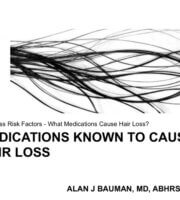 What Medications Cause Hair Loss?
What Medications Cause Hair Loss? VIDEO: Hair Restoration on IGLIVE w/ Kathy Buccio PBS AllHealthGo + Dr Alan Bauman
VIDEO: Hair Restoration on IGLIVE w/ Kathy Buccio PBS AllHealthGo + Dr Alan Bauman Dr Alan Bauman will be a featured speaker at the 7th Annual Biohacking Conference in Orlando
Dr Alan Bauman will be a featured speaker at the 7th Annual Biohacking Conference in Orlando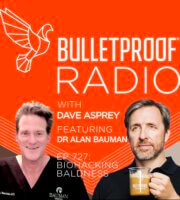 Dr. Alan Bauman reveals Dave Asprey’s “upgraded hair” after his Bulletproof Radio podcast on Biohacking Baldness
Dr. Alan Bauman reveals Dave Asprey’s “upgraded hair” after his Bulletproof Radio podcast on Biohacking Baldness Dr. Alan J. Bauman, M.D.Hair Loss & Hair Transplant ExpertBoca Raton, FL
Dr. Alan J. Bauman, M.D.Hair Loss & Hair Transplant ExpertBoca Raton, FL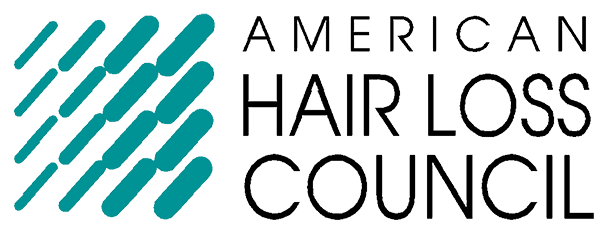
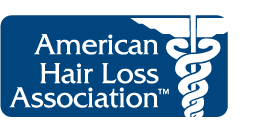
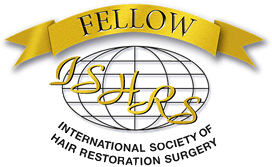
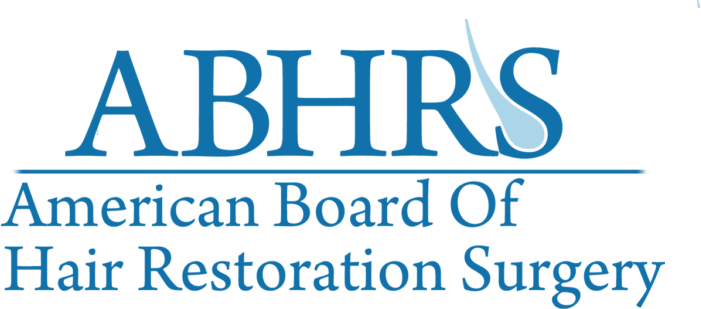

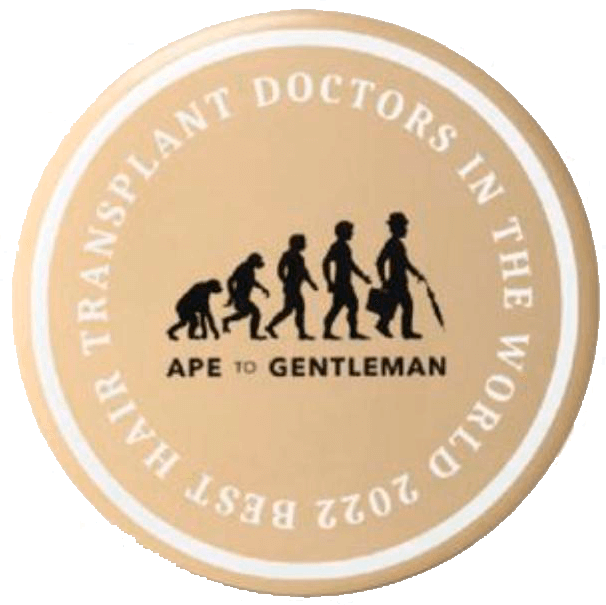

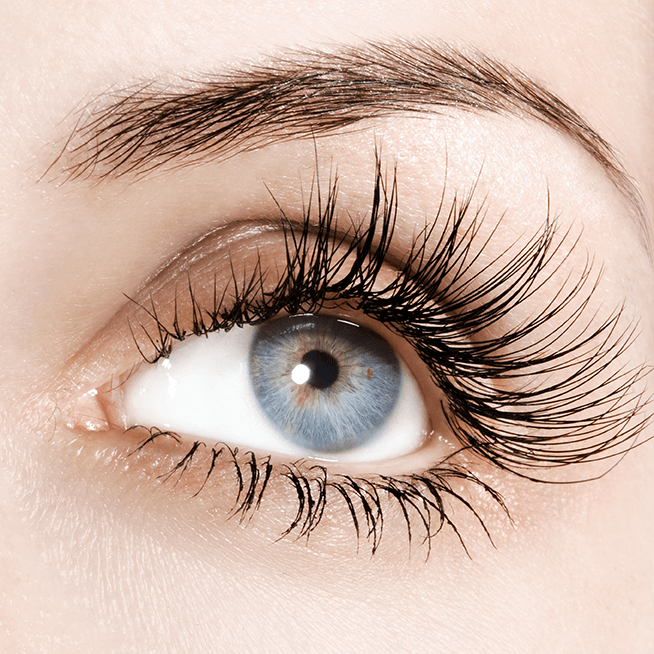
Comments are closed here.